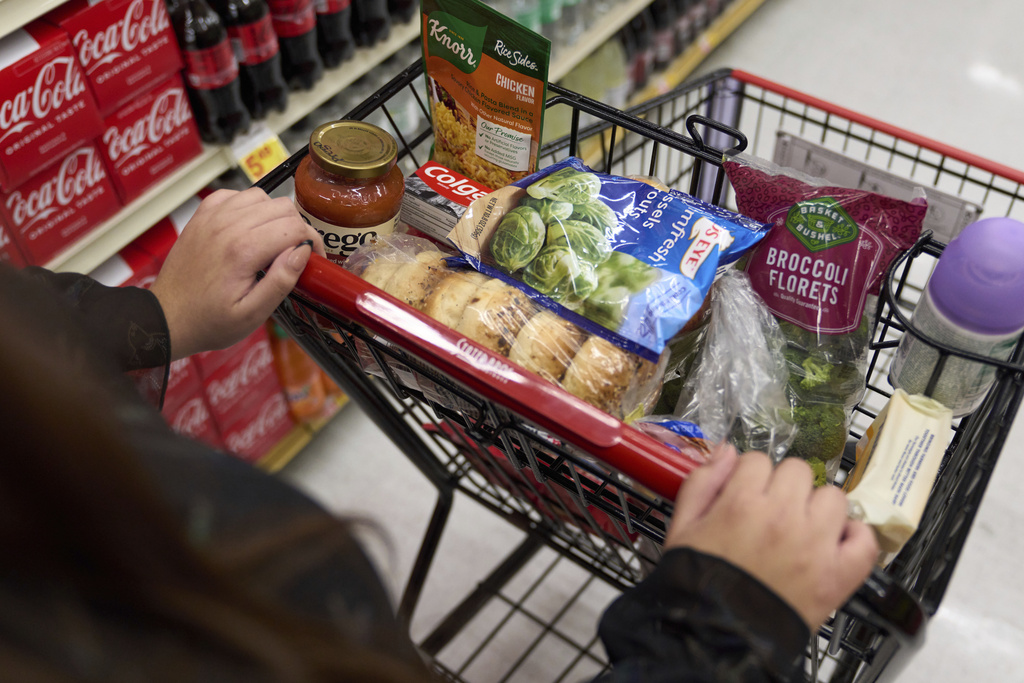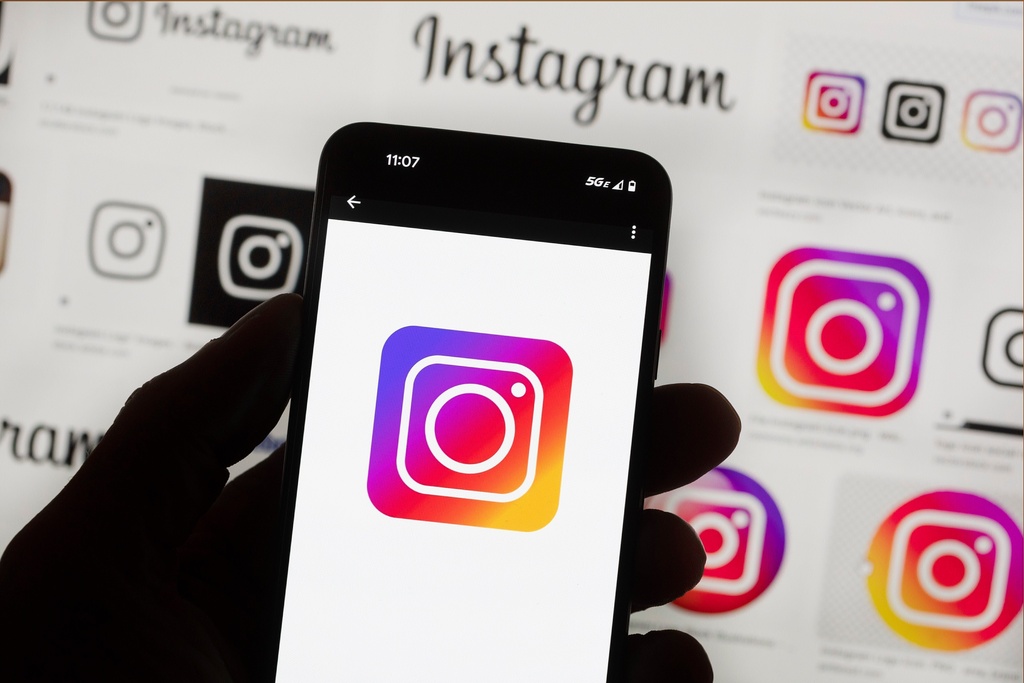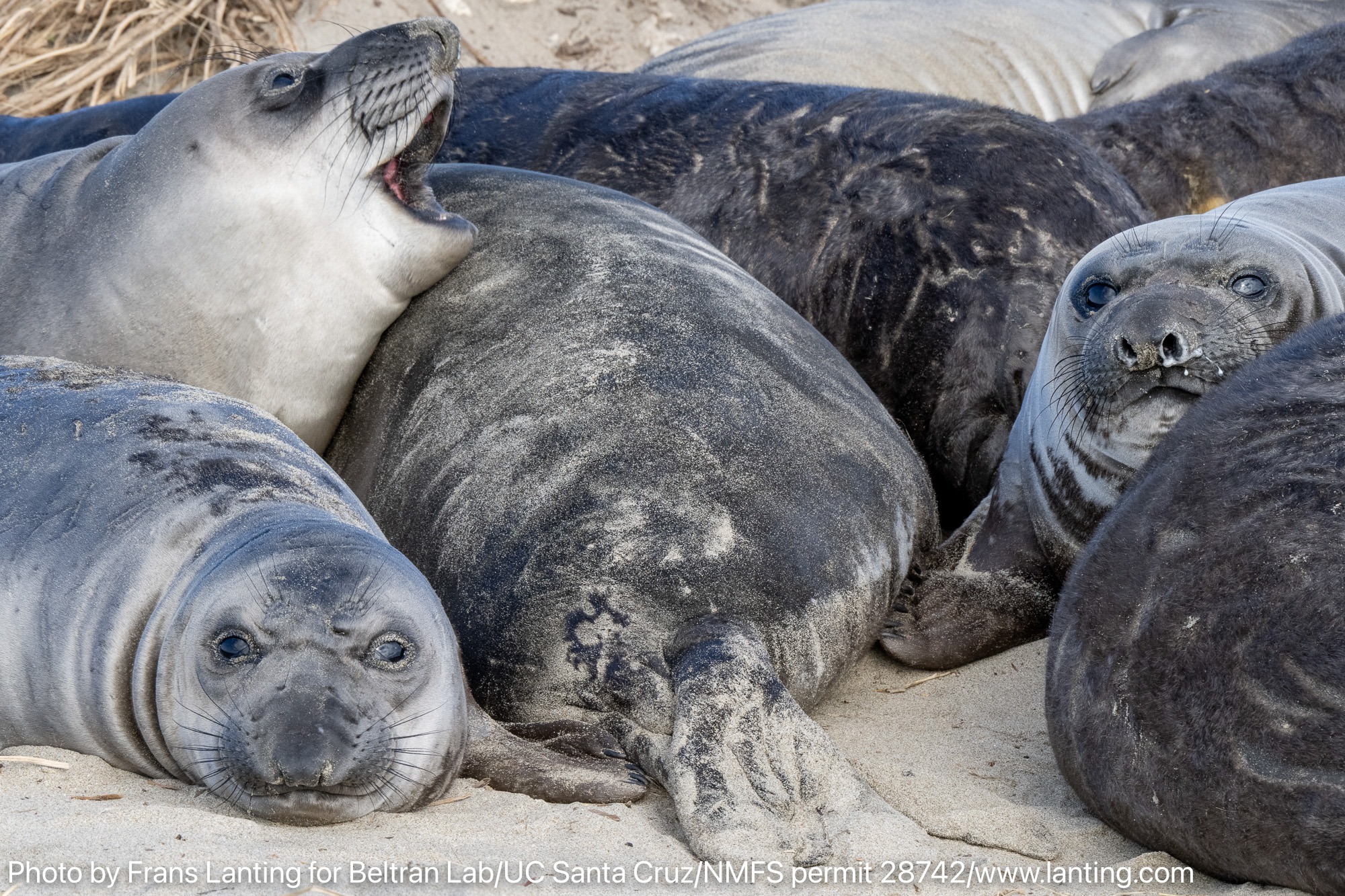Jena Martinez says she and two other teachers in rural Arizona followed safety guidelines as they taught virtual summer school in the same classroom.
All three still got the coronavirus.
“We did everything we were supposed to do,” Martinez said in an interview with KNXV-TV. “Two of us were able to come out of it. One of us was not.”
Longtime teacher Kimberley Byrd was the first to test positive. She died from the virus June 26.
“We lost a treasure,” Martinez said. “We lost a highly respected educator and mother and one of my best friends.”
Where the three teachers picked up the virus isn’t known, but medical experts told Newsy it is possible the they spread COVID-19 to each other in the classroom, even with masks, sanitizing and social distancing.
“She was 100% on board with whatever needed to be done,” Byrd’s husband, Jessie, said.
It’s a frustrating reality as schools look to open again this fall: The virus can be a threat even with the best precautions in place.
“We can reduce the chance of getting COVID-19, we can reduce it a lot by adhering to these protocols. But zero chance of COVID-19 in a school? No, it will never happen,” said Ali Mokdad, professor at the Institute for Health Metrics and Evaluation at the University of Washington.
He said what happened to the three teachers at the Hayden-Winkelman Unified School District shows schools need to plan for infections after opening.
“We can open them, no doubt in my mind. The question is, can we keep them open?” Mokdad said. “You cannot open the school unless you control the pandemic outside the school in the neighborhood.”
And yet Mokdad and other experts say there are drawbacks to keeping kids in virtual classes — and not just academic atrophy known as “COVID slide.”
“There are 20 million kids that depend on school breakfast and lunch. There are kids who get critical special educational services,” said Joshua Sharfstein, vice dean for public health practice and community engagement at Johns Hopkins University.
“It is a good goal to have to be able to reopen schools as much as possible, as safely as possible,” Sharfstein said.
Martinez, still recovering from the virus, says reopening schools to children now seems too risky.
“I know school has to happen,” she said. “I ask for the public to please, please have that confidence and support educators and know that we have kids’ best interest at heart. And No. 1 has to be their health.”











